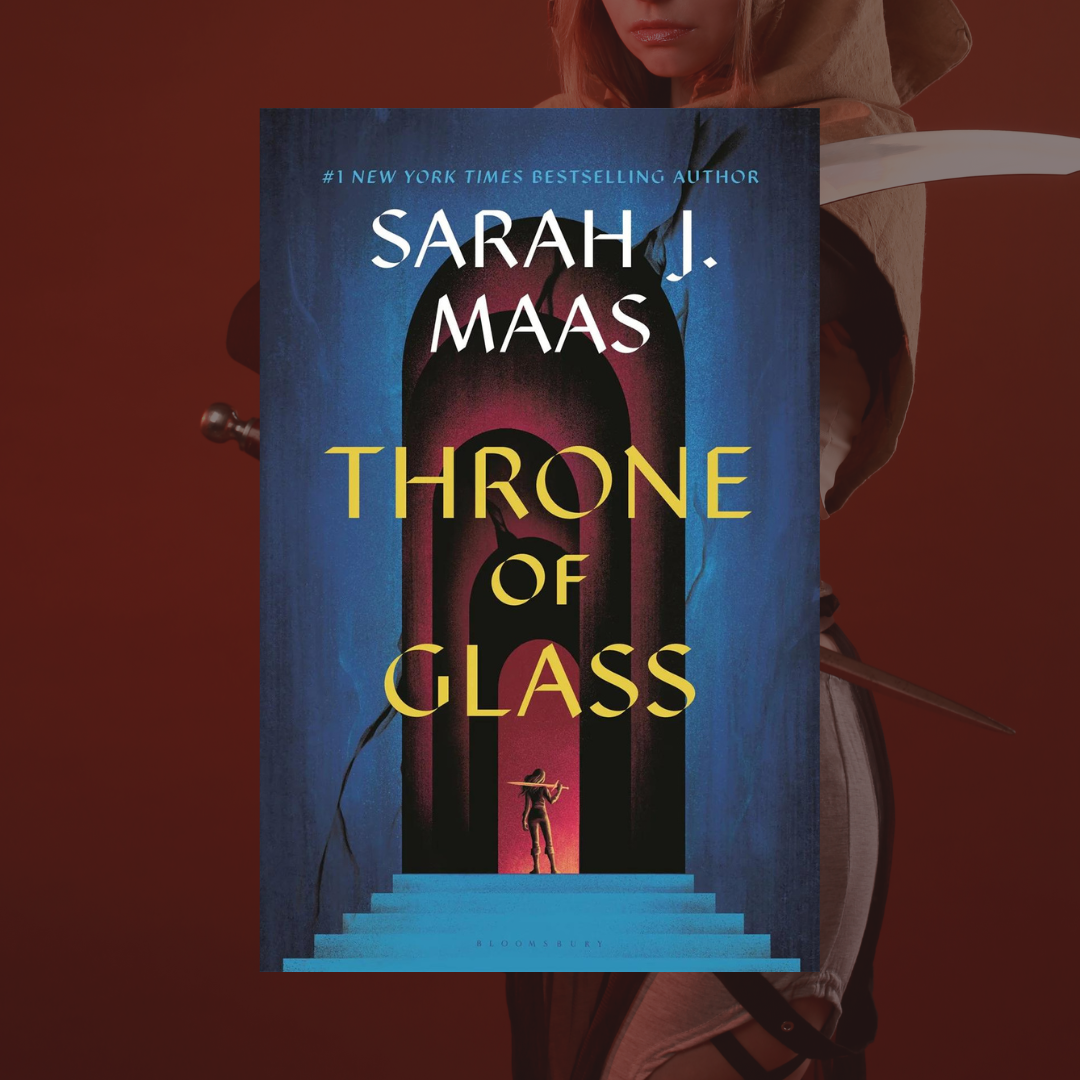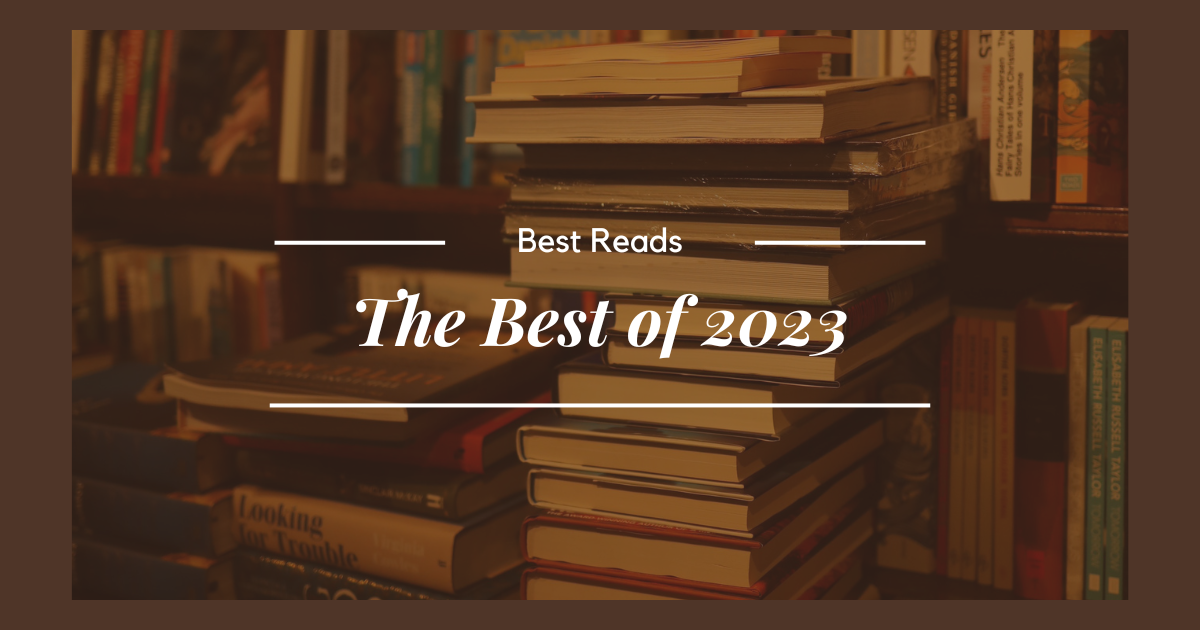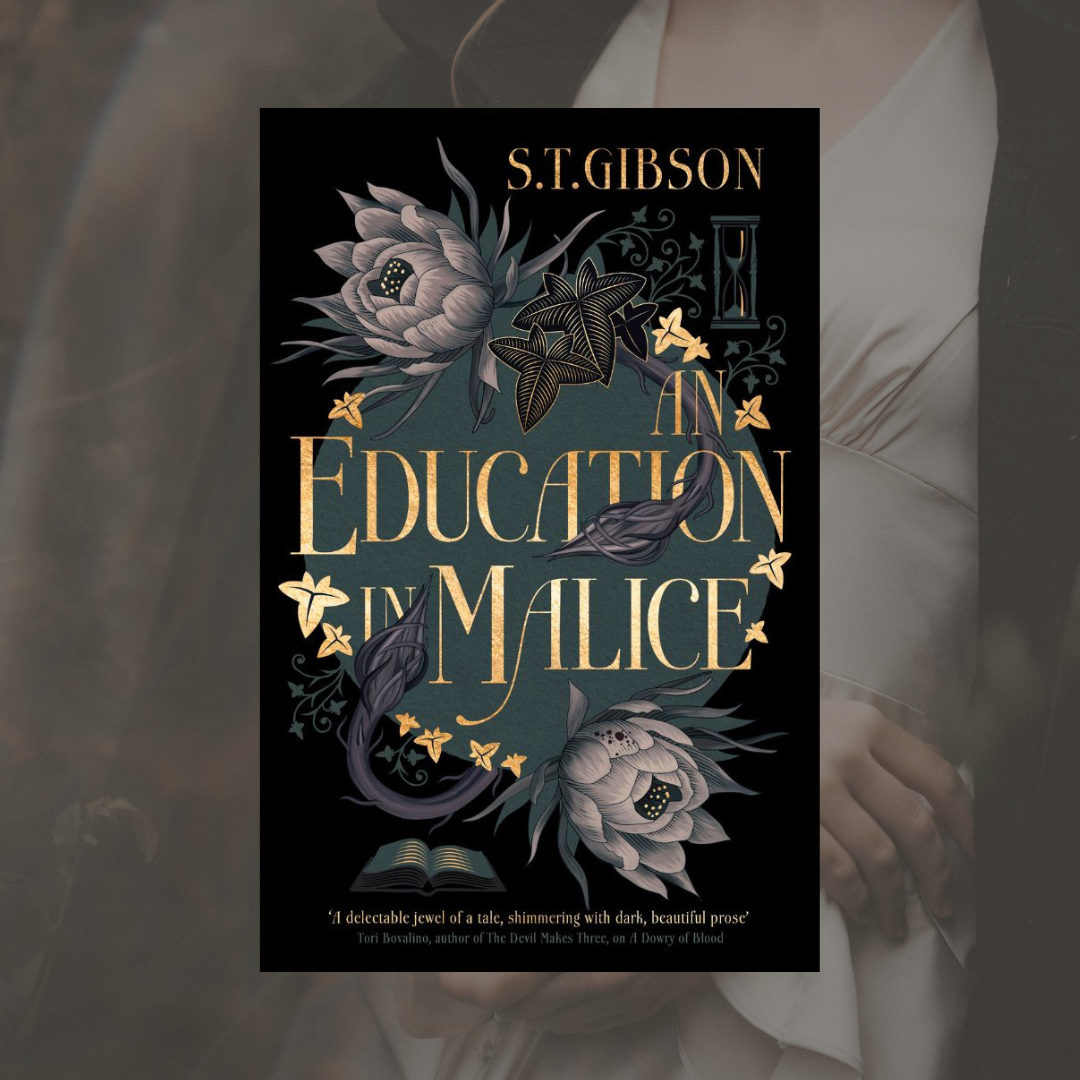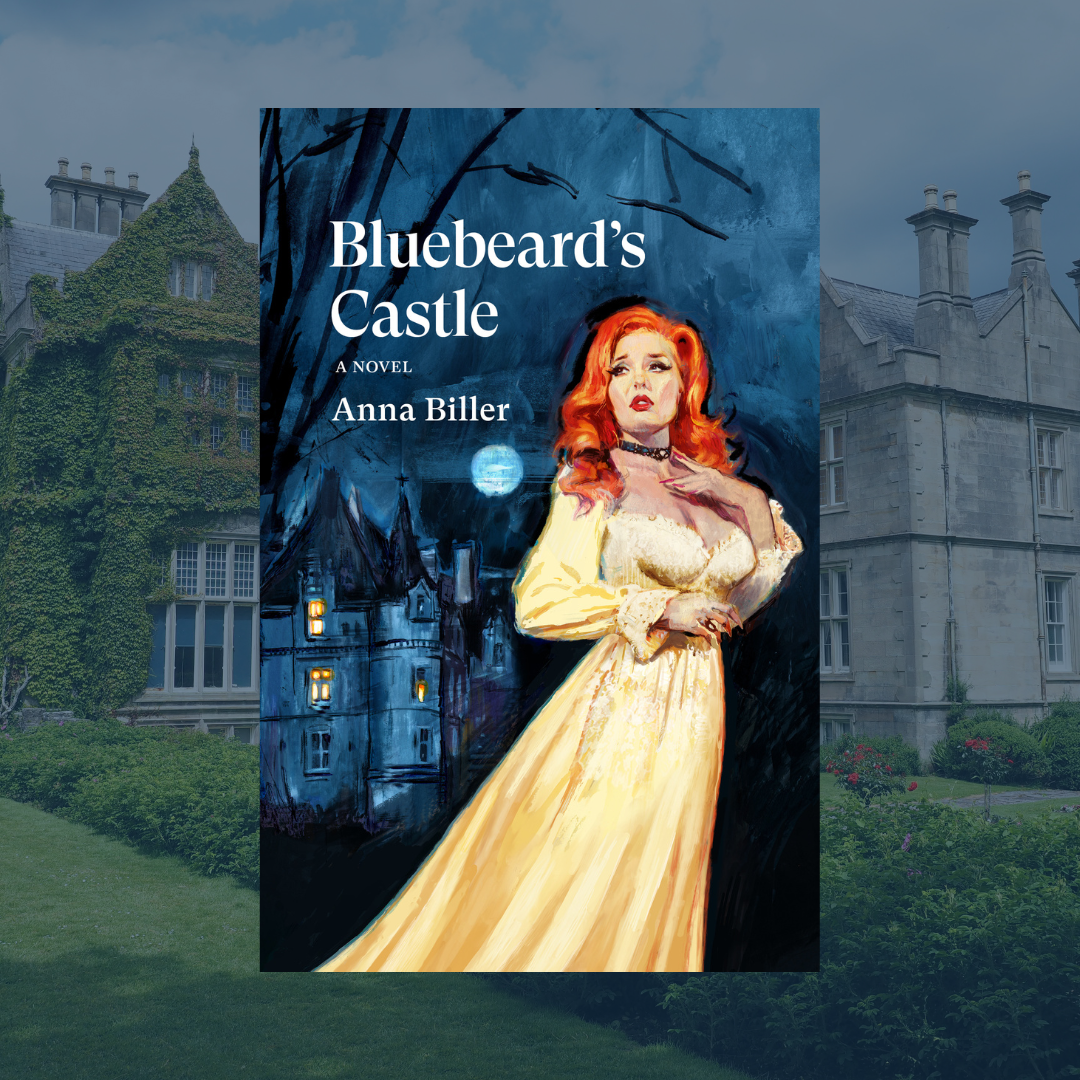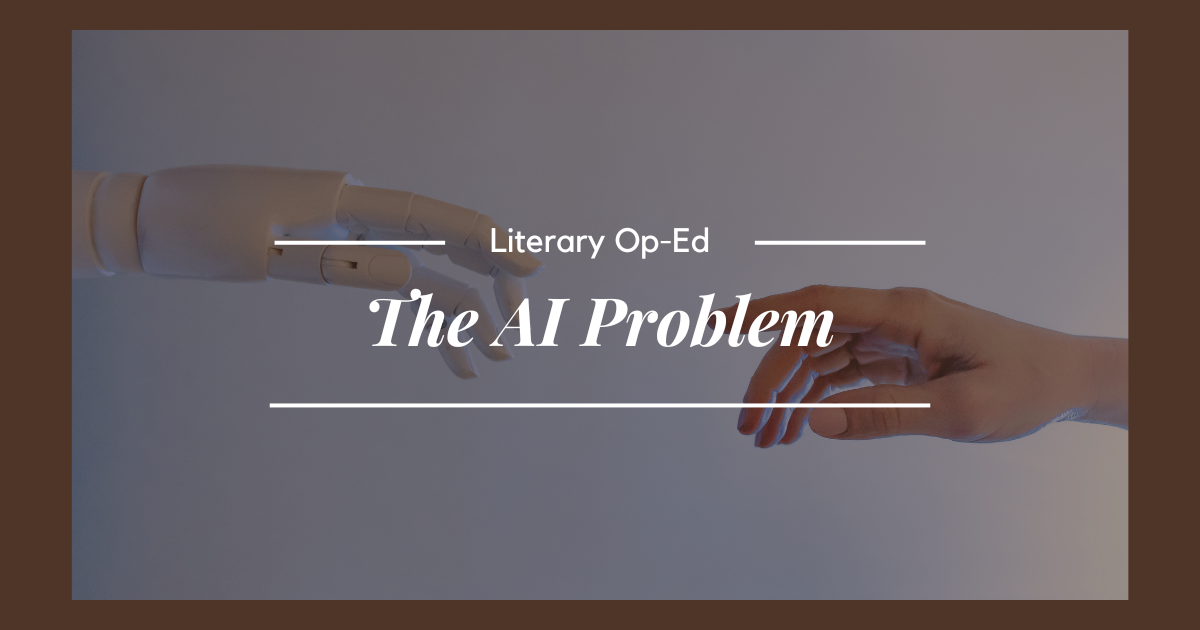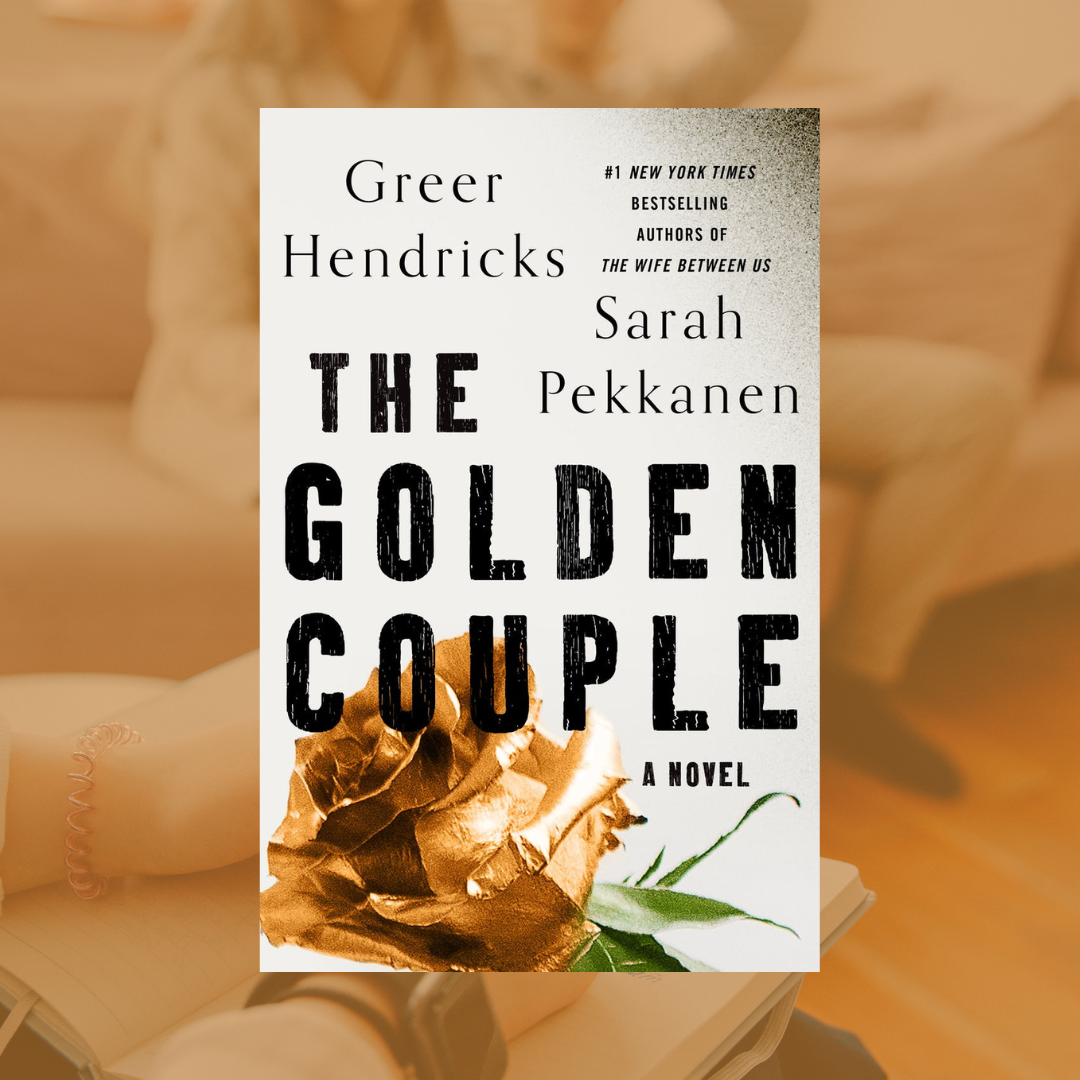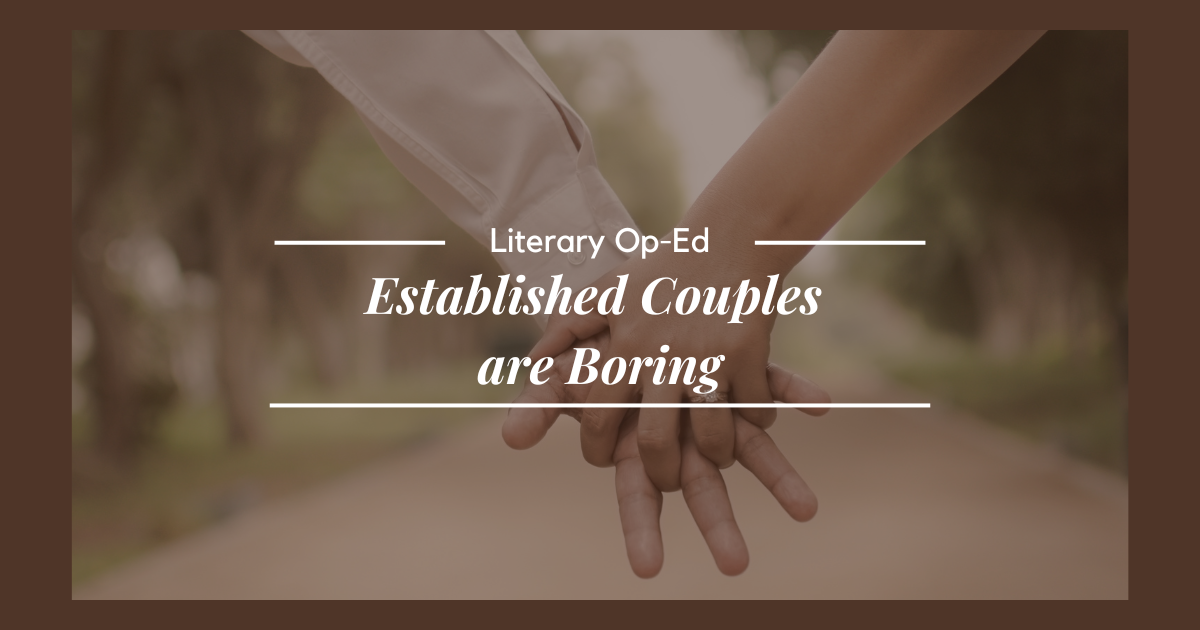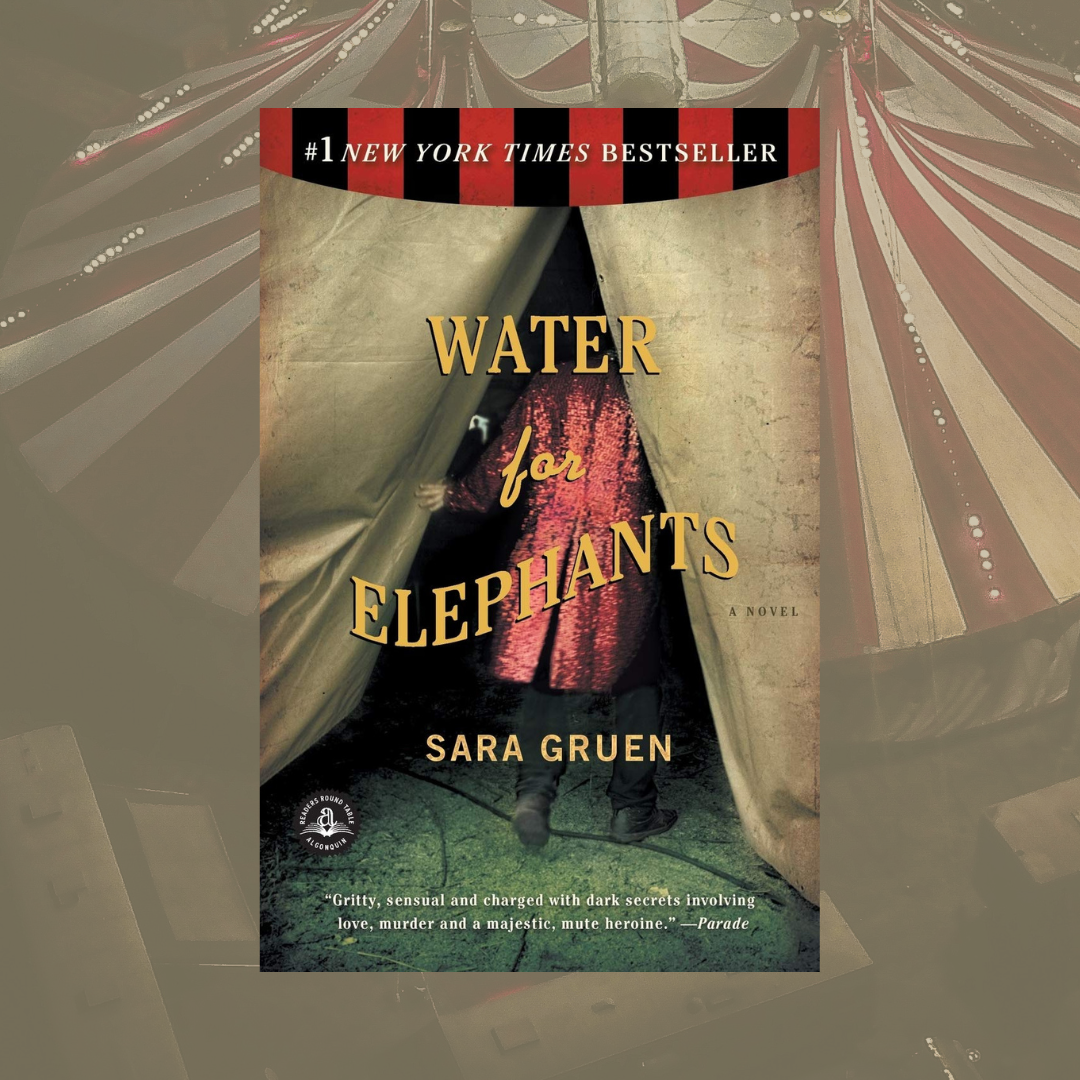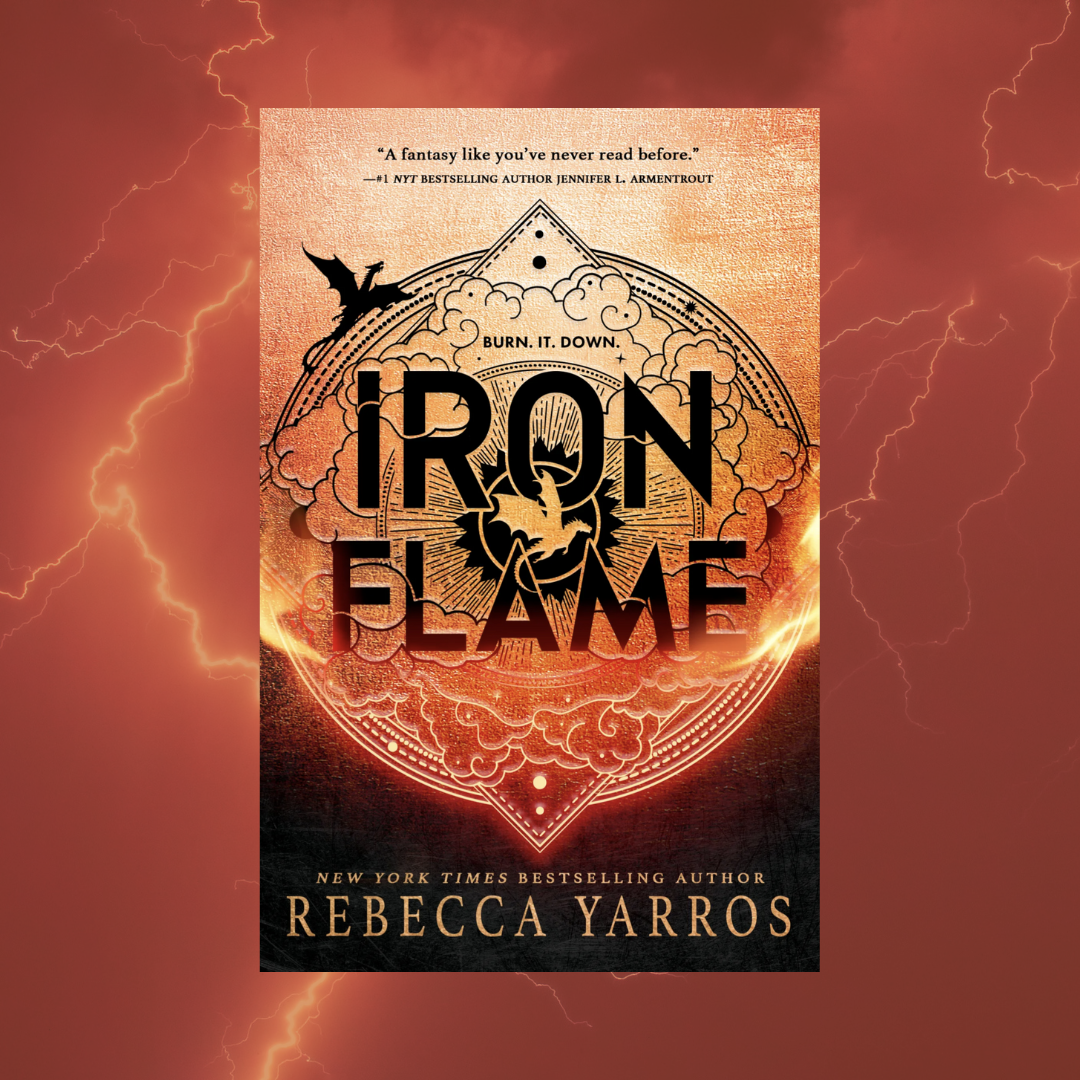-
Throne of Glass: Full series review
This series follows a young assassin with a mysterious past who was raised by an infamous Assassin’s Guild leader. Everyone wants to use her unique skills for themselves – or otherwise eradicate the threat she poses. As she struggles for freedom, she is also forced to confront her deepest secrets.
-
2023 Top Reads
2023 was a great year for me in books, especially fantasy. Here are the highlights.
-
An Education in Malice: Atmospheric and vampiric
In this erotic horror retelling of “Carmilla” set in the 1960s, Laura is a new college student in St. Perpetua’s writing program, where she is swept up with the seductive and alluring Carmilla, a fellow student, and the professor she’s obsessed with.
-
Bluebeard’s Castle: Subversive, but long
A gothic romance writer, Judith, finds herself swept up in a romance with a mysterious man named Gavin who feels like he came right out of one of her books, except it’s not quite what she expected. This is a story about what the reality of a “gothic romance” might look like.
-
Books, Art, and the AI Question
AI is the future — so what does this mean for art and creative endeavors? Let’s discuss.
-
The Golden Couple: Contrived and underwhelming
An ex-therapist with a revoked license (who still does “consultations”) agrees to help a couple with their struggling marriage, but they’re hiding more lies than she initially thinks.
-
Established Couples in Romance: Boring or heartwarming?
Once the main couple in a romance series are together officially, are they still interesting to read about? In my opinion, no. And I’ll tell you why.
-
Water for Elephants: Captivating and well-written
This story follows a man named Jacob at two different points in this life: when he’s 90 (or 93, he can’t remember) in a nursing home, and back when he joined a circus after a tragic loss in his 20s.
-
Iron Flame: A mid sequel
Book 2 in the Fourth Wing series by Rebecca Yarros.
-
Nov 2023: My Upcoming ARCs
Hello, book nerds! I have five ARCs in my Netgalley queue currently and my goal is to complete at least one this month. Here’s what I have to choose from: Immortal Pleasures by V. Castro Pub: April 16, 2024 Synopsis: “An ancient Aztec vampire roams the modern world in search of vengeance and love in…
AN White Books
Helping people find their next read

